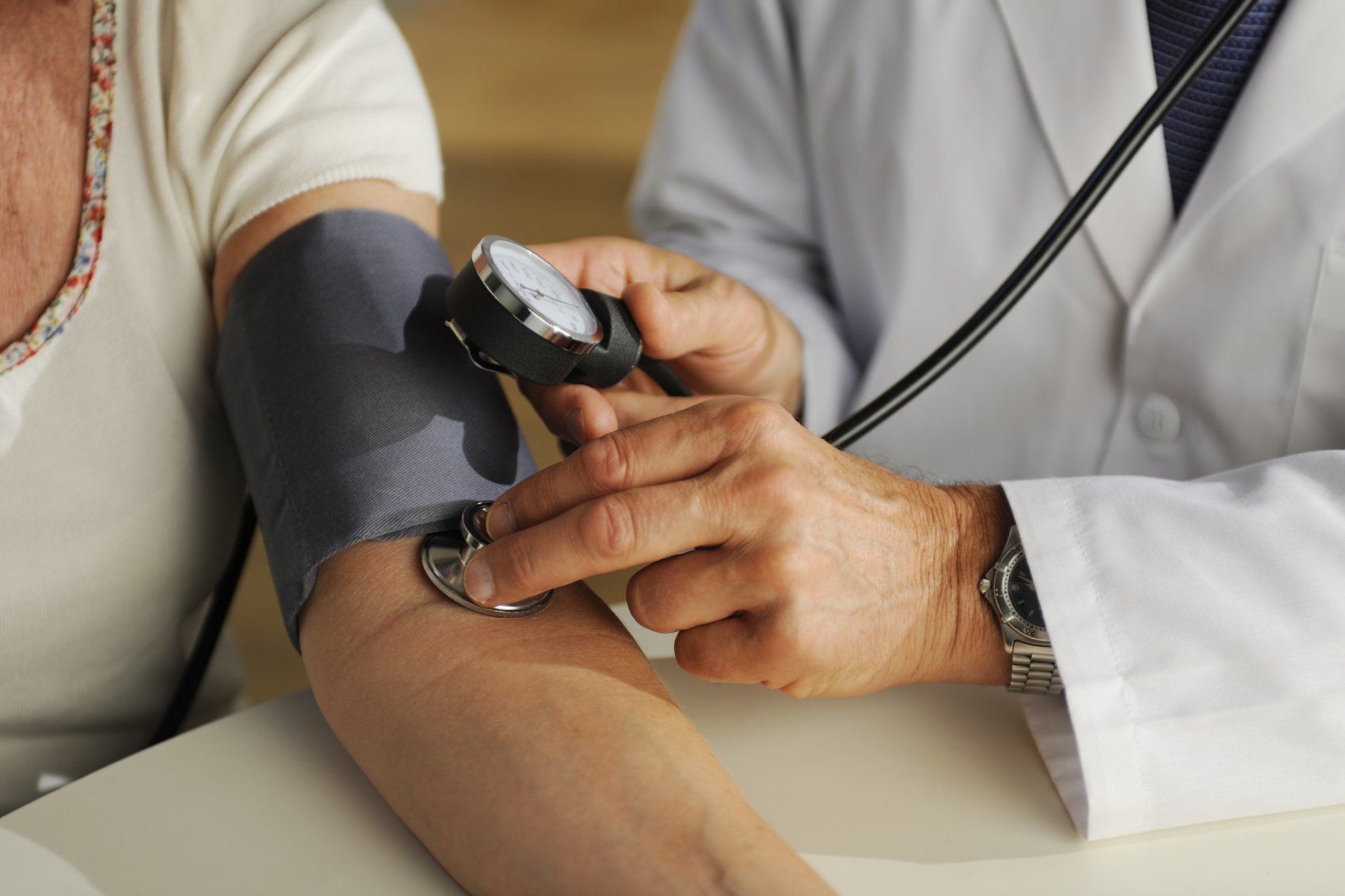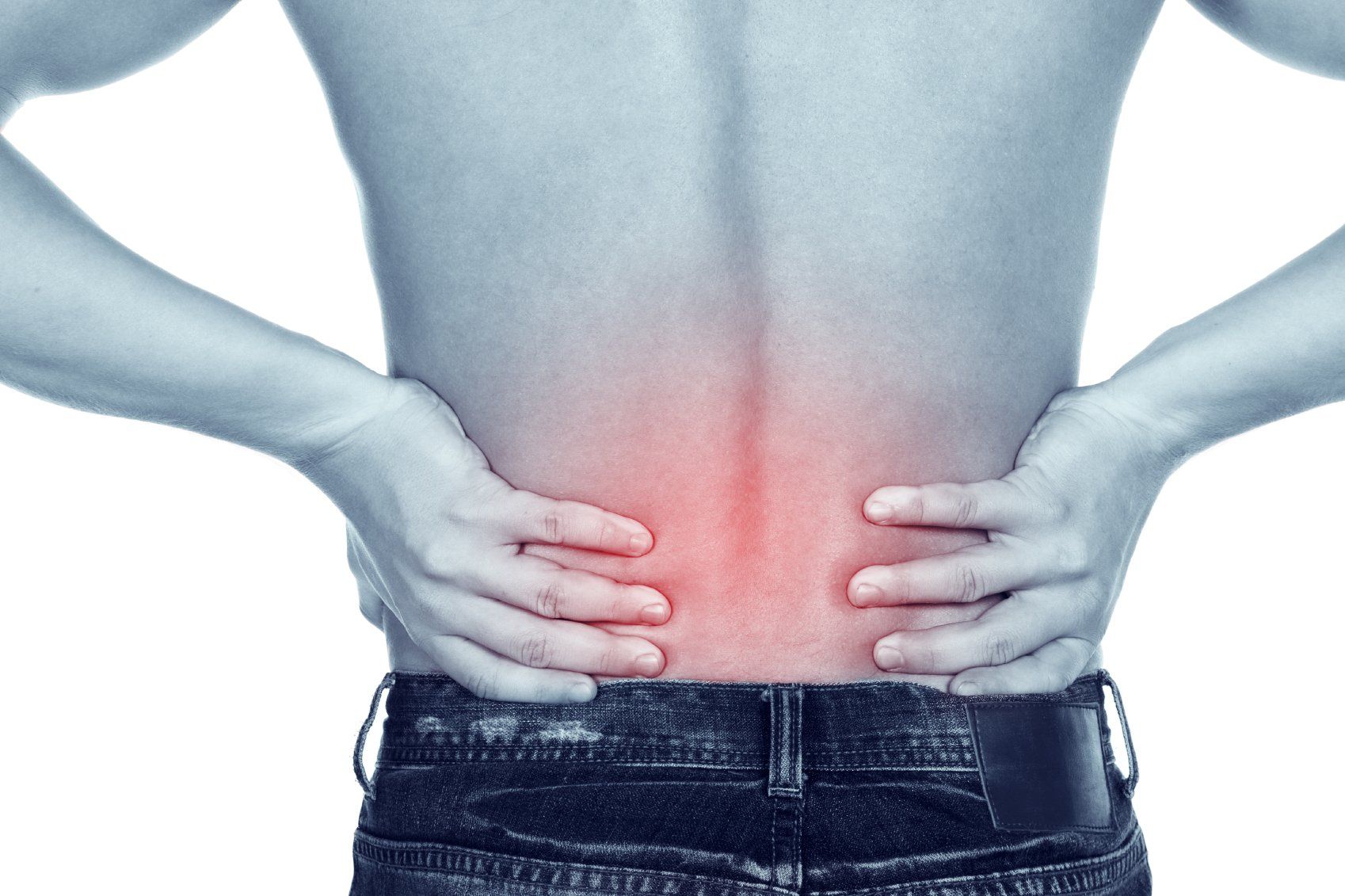Blog

We see many young aspiring athletes and dance performers between the ages of 11 to 16 with this condition. Children are particularly prone during their teenage years of growth as their bone tissue is still developing. Cause It’s caused by an overload or over use on the quadriceps (muscles at the front of the upper thigh) that function to flex the hip and extend the knee. The condition is also enhanced by the fact that young bones are still in growth, with the bone growing faster than muscle, thus the muscle becomes tight creating a pull on the tibial tuberosity (a protruding piece of bone) at the upper part of the tibia (shin bone). Pathology The condition manifests at the insertion of the patella tendon (the distal tendon part of the quadriceps) that inserts into the tuberosity in the upper tibia. Creating an inflammatory reaction in the patella tendon insertion (tenoperiostitis), the periosteum (bones skin) and tibial tuberosity itself. The patient often displaying symptoms of patella tendinitis at the same time. Anatomy and Physiology The make-up of this muscle / bone connection or attachment of a muscle to a bone involves a gradual transition from the elastic muscle to tendon to cartilage to bone. This gives the reasoning why these injuries take so long to heal as the bone / tendon junctions are poorly supplied with blood because the fibrocartilage creates a barrier, making the injury often chronic. Factors It can be attributed to the patient participating in too much sporting activity, increased demand over muscle and insertion capability, not reducing or stopping sport when initial symptoms occur, not having enough rest periods between activities. As the constant strain takes place on the muscle and its insertion, it results in micro muscle fibre ruptures and minor bleeding causing traction, irritation, and inflammation of the soft tissue. Common signs symptoms Local pain around and on the tibial tuberosity, especially on touch. Local swelling and a distinctive prominence around tibial tuberosity. It may affect both knees. The pain is frequently made worse by high impact and deceleration activities such as running, jumping, and cutting, quadricep stretching and contraction. Kicking and squats also play a major part in irritating the tissue. Stages of Injury The degree of injury is evident when the young performer experiences constant pain. In severe cases they cannot run or compete in sport, training session or activities without localised discomfort or pain. There’s pain on resisted quadriceps contraction or full quadriceps stretching. The patient is usually left with a painless growth of bone at the tibial tuberosity once healed that lasts for life. In mild cases, there’s local tenderness, or soreness after activity which quickly disappears. There are some key aspects in the identification and diagnosis along with treatment management, but the secret is to have it diagnosed and treated early.

Understanding Our Blood Pressure High blood pressure (Hypertension) is probably the most seen condition in society today. That said in many cases our lifestyle choices can have a profound effect on its levels and function. Our daily habits like consuming too much salt, smoking, alcohol consumption, drinking caffeinated beverages or carbonated drinks, lack of exercise, not controlling our body weight, to name a few add to the cause of the condition. Its effects can have a major impact on the workload of our cardio vascular system, as arteries have to work harder and their delicate membranes become damaged, bad cholesterol forms plaques and micro tears, the arteries become narrower and although they are usually stretchy, lose their elasticity and become stiff or narrow increasing Blood Pressure. What is Blood Pressure? Blood pressure is the pressure of blood in your arteries, the vessels that carry blood from your heart to your brain and the rest of your body. We need a certain amount of pressure to get the blood moving around our body. Our blood pressure naturally goes up and down throughout the day and night, and its normal for it to go up while moving about High Blood Pressure is when our overall blood pressure is consistently high even at rest and is usually established by an appointment with your GP. Low Blood Pressure (Hypotension) is when your blood pressure is below 90/60mmHg. This does not necessarily mean that there is a problem. How is Blood pressure measured? Blood pressure is measured in millimetres of mercury, mmHg, using a sphygmomanometer (pronounced svig-mo-man-ometer) This is usually a digital electronic monitor, which is connected to an inflatable cuff that is wrapped around your upper arm. When you have your blood pressure measured, the reading is written as two numbers. The first is when the pressure is at its highest, Systolic pressure and the second is at its lowest diastolic pressure. What are Systolic and Diastolic? • Systolic Pressure – This is the highest level of your blood pressure and happens when your heart beats and contracts to pump blood through your arteries. • Diastolic Pressure – This is the lowest level of your blood pressure and happens when your heart relaxes between beats. High Blood pressure is serious. If we ignore it, it can lead to heart and circulatory diseases like heart attack or stroke. If your systolic blood pressure is more than 129 mm/Hg or your diastolic blood pressure is higher than 79mm/Hg all of the time, you will have high blood pressure. This will increase the workload on your cardiovascular system and can lead to serious health problems. If the arteries that carry blood to your heart get damaged and clogged, it can lead to a heart attack. If this happens to the arteries that carry blood to your brain it can lead to a stroke. What is a healthy or normal blood pressure? Your blood pressure should be under 140/90 mmHg. Low • Systolic: lower than 90 mmHg • Diastolic: lower than 60 mmHg Normal • Systolic: lower than 140 mmHg • Diastolic: lower than 90 mmHg Possible hypertension • Systolic: between 140 and 180 mmHg • Diastolic: between 90 and 110 mmHg Severe hypertension • Systolic: higher than 180 mmHg • Diastolic: higher than 110 mmHg What causes high blood pressure? There isn’t always an explanation for the cause, in a small number of people, the cause can be identified but most people develop symptoms because of their diet, lifestyle or medical condition. Sometimes it runs in families and can also worsen with age, however you may still be able to improve it by changing your diet and being active. Doctors sometimes call this secondary hypertension. Causes of secondary hypertension include kidney disease, diabetes, and some medicines, such as oral contraceptives and some over the counter and herbal medicines If you are concerned that any medicine or remedy might affect your blood pressure, consult with your doctor. Symptoms of High blood pressure High blood pressure rarely has noticeable symptoms which is why it is so important to get your blood pressure checked. However, some people can experience blurred vision, nosebleeds, shortness of breath, chest pain, dizziness, and headaches. Over time it can lead to heart conditions, stroke, kidney disease… How to prevent and improve your High Blood Pressure Unfortunately, there is no magic cure for High Blood Pressure but changing your lifestyle can significantly lower the risk. Working with your GP is important not only to establish your blood pressure levels and monitor but also, they may prescribe medicine to help control. But without doubt making healthy lifestyle changes can help. For example, losing weight and exercising for 30 minutes a day, (always seek medical advice before starting any exercise or weight loss plan), eating a healthy balanced diet to include a high potassium content and low salt intake which will reduce the tension in the blood vessels, fish containing omega-3 fatty acids twice a week, as omega-3 has been proven to reduce blood pressure, foods with magnesium and fibre to reduce the risk of heart disease, and reduce alcohol, smoking and processed foods. Info-Physio Gordon Ellis

Multiple sclerosis is one of the commonest central nervous system diseases. In the UK alone there are around 100,000 people recorded as having the condition, mostly diagnosed between the ages 20 and 40. It's well reported that in the Dales in County Durham there is a higher percentage than many other locations in the UK. The condition is caused by damage to the myelin sheath, a fatty material that insulates nerves. Imagine it being like the protective covering around the wires of an electric cable. The myelin protects the nerve and helps it transmit and receive its information. With the loss of myelin (demyelination) its accompanied by a disruption in the ability of the nerves to conduct electrical impulses to and from the brain, producing the varying symptoms we know as MS. The sites where myelin is lost are called plaques or lesions and appear as hardened scar areas. These scars appear at different times and in different areas of the brain and spinal cord. The term multiple sclerosis meaning ‘many scars’. The symptoms vary widely and may include weak limbs, tingling, blurred vision, unsteadiness and fatigue, immobility and spasticity in limbs. For some its characterised by periods of relapse and remission while, for others, it has a progressive pattern. But for everyone with MS, it makes life very unpredictable. Over many years I've studied and worked with MS patients, the range of its effect varying considerably from individual to individual. On speaking to many diagnosed with the condition, a considerable amount feel once diagnosed little is done to help when they return home. There is life after MS and many things that can be done. Having ran a successful MS group I would like to suggest the following. • Become more educated on your condition, what it is, what causes it, how it can be helped by "yourself" and others. • Don't deal with it alone, it can be an isolating, lonely disease. Make an effort to get out and meet others in a similar situation. You may find they have information that can help your condition and your quality of life. • I understand how heavy that set of armour can be somedays, but find anchors to help you motivate yourself. • Make sure your treated and given rehabilitation by or under the guidance of a professionally qualified person with a specialism in this condition. • Have a specialist devise you a home exercise program, that can be administered by yourself or others. Sometimes the up evil of travelling to and from hospitals with long spaces in between can cause more problems. • For the carers, you to struggle with the impact MS. Make time to look after yourself, so you can be strong enough to deal with the person your caring for. Ideas to try • Light massage: Reduces stiffness and oedema, increases flexibility and mobility. It can also alleviate fatigue and pain, whilst improving mood. • Active and passive range of movement to all joints: This helps to work the joints and keep them healthy, reducing stiffness and spasticity. • Active and passive muscle stretching: This helps to prevent and control muscle contracture and spasm, which limits the effectiveness and muscle function. • Seated and standing strengthening of muscles around joints: This will improve your posture, help you to do more, gain better balance and improve your confidence when out and about or around the home. • Manually dexterity exercise: Can help you with picking up a cup or writing. • Temperature: MS is sensitive to temperature, especially heat. • Breathing exercises: So important, If you think everything that happens in our lives physically and emotionally effect out breathing, so breath work can effect your emotion and physical activity. • Relaxation and meditation: With all trauma there comes anxiety, tension and stress which may lead to depression. Relaxation with meditation not only helps with the above, it will help to calm and control your condition along with breathing techniques. • Consider alternative medicines and alternative therapies through discussion with our GP. • Standing and walking to improve your bone strength. • Nutrition: Intake of the correct food and fluids to help your condition and immune system. • Incontinence and pelvic floor problems can become problem: By doing muscle training exercise you can control this. • Isolation, loneliness: keep in touch with friends, family and join groups. Physiotherapy can help to assess physical difficulties, improve movement, teach you exercises to maintain independence. Working holistically as part of a multidisciplinary team, whether your a GP, physiotherapist, counsellor, nurse, speech therapist, masseuse, complimentary therapist, dietician etc.... helping the MS patient and their carer receive the best support they can.








